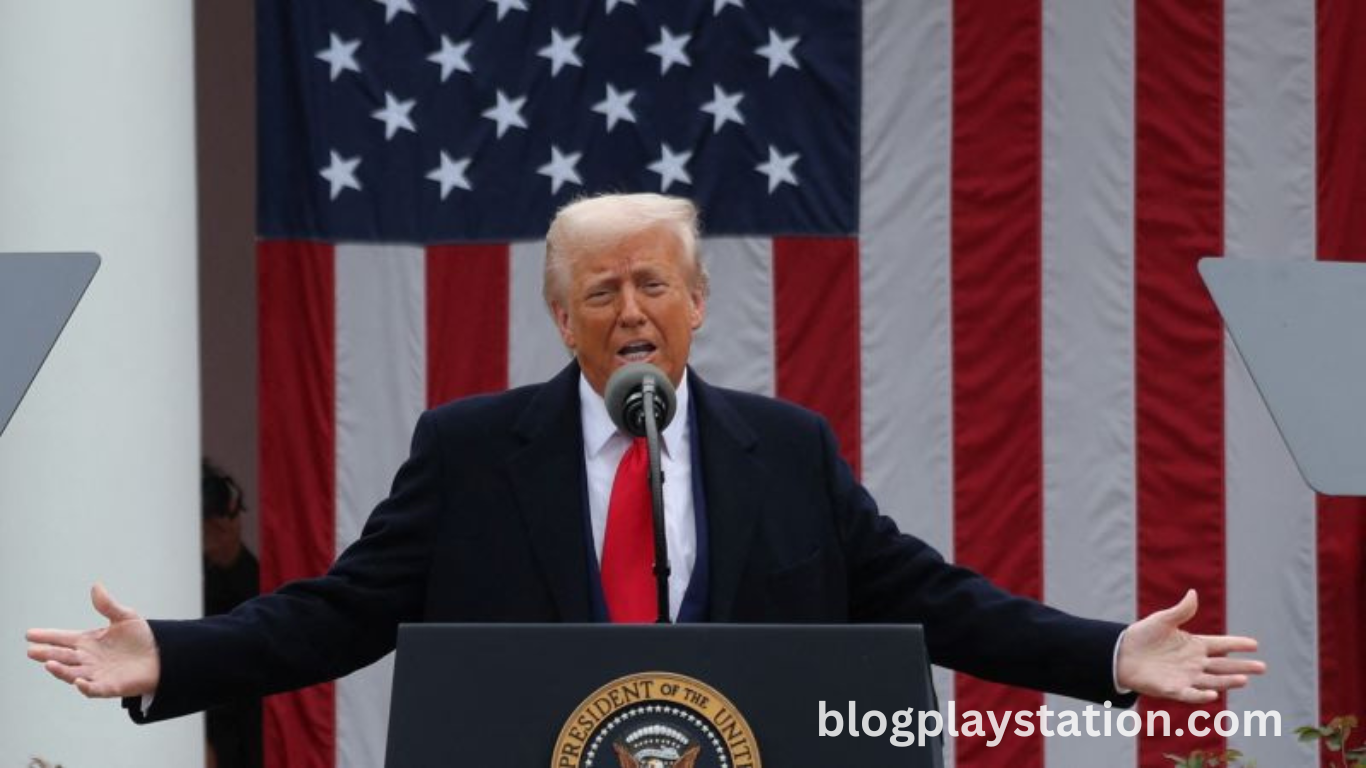Former President Donald Trump’s tariff policies reshaped global trade dynamics, with China bearing significant economic consequences. His administration imposed sweeping tariffs on Chinese goods, affecting industries ranging from technology to manufacturing. The move aimed to reduce the U.S. trade deficit with China while pressuring Beijing to adopt fairer trade practices.
Impact on Chinese Exports
The tariffs disrupted China’s export-dependent economy, forcing companies to seek alternative markets. With high tariffs on key goods such as steel, electronics, and consumer products, Chinese manufacturers faced declining profits. Many firms relocated production to countries like Vietnam and India to circumvent the U.S. restrictions.
Supply Chain Disruptions
Global supply chains experienced turbulence as businesses struggled with increased costs. American companies sourcing raw materials and finished goods from China faced higher prices, prompting them to explore domestic production or diversify supply chains. The tariffs also contributed to inflationary pressures, affecting both producers and consumers.
China’s Countermeasures
Beijing retaliated with tariffs on American agricultural products, automobiles, and other goods, creating a tit-for-tat trade war. The Chinese government provided subsidies to affected industries while strengthening trade relationships with Europe and developing nations. Despite countermeasures, the U.S. restrictions significantly impacted China’s economic growth.
Technology and Investment Restrictions
Beyond tariffs, restrictions on Chinese tech firms, including Huawei, limited their global expansion. U.S. policies aimed at curbing intellectual property theft and national security risks led to a crackdown on Chinese investments in American technology sectors. This ‘all-round blockade’ extended to semiconductor supplies, forcing China to accelerate its push for self-sufficiency.
Global Economic Consequences
Trump’s trade policies reshaped international markets, influencing global investment patterns. Countries dependent on Chinese manufacturing experienced ripple effects, while the U.S. fostered stronger trade relations with allies like Japan and Mexico. The uncertainty surrounding tariffs led to volatility in financial markets, affecting multinational corporations.
Strategic Shift in U.S.-China Relations
The aggressive trade stance signaled a broader geopolitical shift in U.S.-China relations. Beyond economic measures, tensions escalated in areas such as technology, military, and diplomacy. The trade war underscored Washington’s efforts to counter China’s rising influence on the global stage.
Long-Term Implications
The tariffs created lasting economic shifts, with businesses reevaluating reliance on Chinese manufacturing. Companies accelerated efforts to diversify supply chains, leading to a transformation in global trade structures. China’s response included increased investment in domestic industries and stronger ties with emerging economies, shaping the future of international commerce.
Frequently Asked Questions
What were Trump’s global tariffs?
Trump’s global tariffs were trade restrictions imposed on various countries, primarily targeting Chinese imports to reduce trade imbalances.
How did Trump’s tariffs affect China’s economy?
China faced declining exports, disrupted supply chains, and increased production costs due to high tariffs on key industries.
Did China retaliate against Trump’s tariffs?
Yes, China imposed counter-tariffs on American agricultural products, automobiles, and other goods, escalating the trade war.
How did global supply chains react to these tariffs?
Businesses diversified supply chains, shifting production to countries like Vietnam and India to avoid high U.S. tariffs.
Did Trump’s tariffs impact American businesses?
Yes, U.S. companies faced increased costs, inflation, and disruptions due to dependency on Chinese imports.
What were the effects on the technology sector?
Restrictions on Chinese tech firms like Huawei limited their access to key U.S. technologies, affecting global tech markets.
Did the tariffs change U.S.-China trade relations permanently?
Yes, they accelerated economic decoupling, pushing both countries to reduce dependency on each other’s markets.
What were the long-term global economic effects?
The tariffs reshaped international trade, prompting companies to rethink supply chains and governments to adjust trade policies.
Conclusion
Trump’s global tariffs imposed economic hardships on China, affecting exports, supply chains, and technology industries. The ‘all-round blockade’ forced businesses to adapt, leading to shifts in global trade dynamics. China retaliated but faced economic setbacks, while U.S. businesses also experienced increased costs. The trade war altered geopolitical strategies, pushing both nations to diversify markets and investments. These policies left lasting impacts on international commerce and economic relations.


